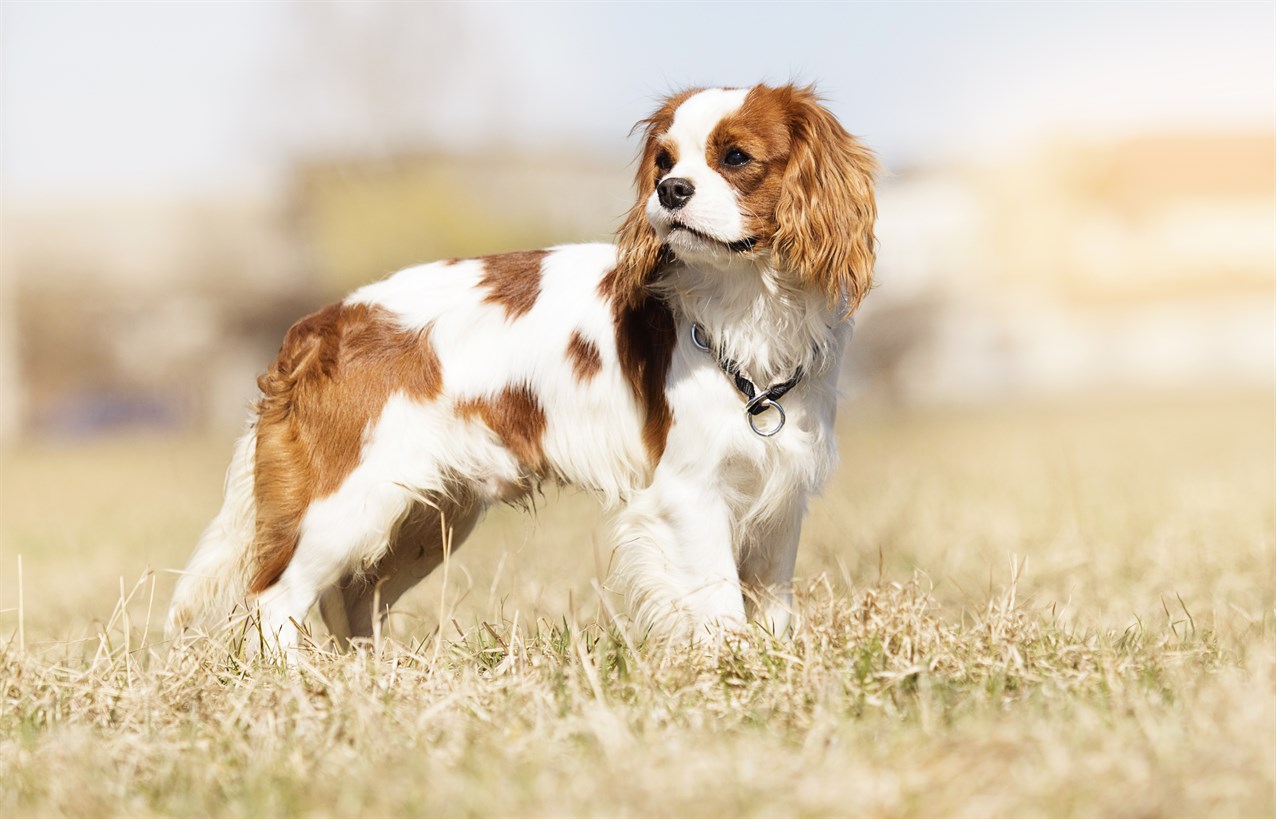Feeding Habits of Cavalier King Charles Spaniel

Proper nutrition is vital for the health and well-being of your Cavalier King Charles Spaniel. These charming dogs have specific dietary needs and feeding habits that should be considered to ensure they maintain a healthy weight and overall good health.
Feeding Schedule
Establishing a regular feeding schedule is essential for Cavaliers. Puppies typically require more frequent meals, often 3 to 4 times a day, to support their growth and development. As they mature into adults, most Cavaliers do well with two meals a day, typically one in the morning and one in the evening. Senior Cavaliers may have slightly different feeding requirements, so it's essential to consult with your veterinarian regarding their specific needs.
Portion Control
Portion control is crucial for maintaining a healthy weight in Cavaliers. These dogs have a tendency to gain weight if overfed, which can lead to health issues such as obesity and joint problems. Consult with your veterinarian to determine the appropriate portion size for your dog's age, weight, and activity level.
Quality Dog Food
Selecting high-quality dog food is paramount for Cavaliers. Look for commercial dog food brands that list meat, poultry, or fish as the primary ingredient and avoid products with excessive fillers, artificial additives, or preservatives. Some owners opt for premium or grain-free diets, but it's important to consult with your veterinarian to choose the best food for your specific dog.
Protein, Fat, and Carbohydrates
Cavaliers benefit from a balanced diet that includes the right proportions of protein, fat, and carbohydrates. Protein supports muscle development, fat provides energy, and carbohydrates offer essential fibre and nutrients. Your veterinarian can recommend specific nutrient ratios based on your dog's age and activity level.
Avoiding Table Scraps
Resist the urge to feed your Cavalier table scraps or human food regularly. While an occasional small treat from your plate is unlikely to harm them, a consistent diet of human food can lead to nutritional imbalances and encourage begging behaviour.
Fresh Water
Always provide fresh, clean water for your Cavalier. Hydration is essential for their overall health, and they should have access to water at all times.
Special Dietary Considerations
Some Cavaliers may have specific dietary needs or allergies. If your dog has allergies or sensitivities to certain ingredients, work with your veterinarian to identify suitable food options. Additionally, certain health conditions, such as heart problems or obesity, may require specialised diets. Regular check-ups with your veterinarian can help address these concerns.
Monitoring Body Condition
Regularly monitor your Cavalier's body condition to ensure they maintain a healthy weight. You should be able to feel their ribs without excess fat covering them, and they should have a noticeable waistline when viewed from above. If you have any concerns about your dog's weight or feeding habits, consult with your veterinarian for guidance.
In conclusion, proper nutrition is essential for the health and well-being of your Cavalier King Charles Spaniel. Establishing a regular feeding schedule, portion control, and selecting high-quality dog food are key components of responsible Cavalier care. By providing your dog with a balanced and nutritious diet, you can help ensure they enjoy a long, healthy, and active life.
Cavalier King Charles Spaniel puppies for sale
- Find Cavalier King Charles Spaniel puppies for sale in ACT
- Find Cavalier King Charles Spaniel puppies for sale in NSW
- Find Cavalier King Charles Spaniel puppies for sale in NT
- Find Cavalier King Charles Spaniel puppies for sale in QLD
- Find Cavalier King Charles Spaniel puppies for sale in SA
- Find Cavalier King Charles Spaniel puppies for sale in TAS
- Find Cavalier King Charles Spaniel puppies for sale in VIC
- Find Cavalier King Charles Spaniel puppies for sale in WA